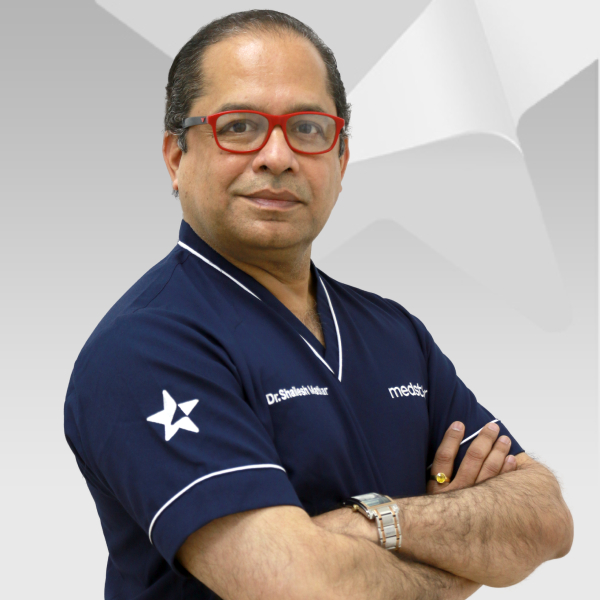Piles / Haemorrhoids
Piles/Hemorrhoids are often a cause of embarrassment for many. It is perhaps the most misunderstood and painful condition that many live with, without undergoing proper treatment or therapy. Piles are inflammation in tissues of the anal or rectum area. The tissue here is made up of soft blood vessels. The pressure exerted by adjoining tissues causes a rupture in this area, which can become inflamed and result in piles. Piles located 2 to 4 cm inside the anus are internal piles, while those that appear on the outside are external piles.
Itching or soreness in the anal area, pain while passing stools, a lump felt on the anus, bleeding etc can be the most prominent symptoms of piles. Based on the appearance, piles are classified into various grades, where grade 4 piles will form as painful lumps in the anal region. Severe cases that need emergency medical attention are thrombosed hemorrhoids formed as prolapsed and blocked by a blood clot.
Causes
- Chronic constipation
- Chronic diarrhea
- Pregnancy
- Unhealthy diets
- Sitting on the toilet for long time
Treatments
- A proctologist will advise changes like lifestyle and eating habits, in cases where piles are in the early grades and can be controlled without medical intervention.
- Topical medications like creams, ointments, and pads can be effective in the early stages and can work on the symptoms of piles.
- Pain medications are prescribed that reduce inflammation.
Some advanced treatment options include
- Rubber band ligation:
The proctologist will place an elastic band on the base of piles that are less than grade 4. The pressure cuts off blood supply to the haemorrhoid. which causes it to fall off on its own after a few days.
- Sclerotherapy:
An injected medicine causes the haemorrhoid to shrink.
- Hemorrhoidectomy:
With the help of local anesthesia, piles are surgically removed.
- Hemorrhoidopexy:
Blood flow is blocked to the piles by stapling of the rectum.
- Laser Hemorrhoidoplasty:
For grade 2 and 3 piles, this method uses laser beams focussed on the piles with the help of special radially emitting fiber, which causes vapourisation, resulting in shrinkage of piles.
- Minimally-Invasive Procedure for Hemorrhoids (MIPH):
This method uses a special device to remove a ring of tissue from the rectum that cuts off blood supply to the haemorrhoid. The patient can recover within 4-5 days after the procedure.
Our Doctors

FAQ
- Are piles and haemorrhoids the same?
- What is the best treatment for piles?
- Are piles reversible?
- What is the diagnosing procedure of the piles?
- What is the newest surgical technique for haemorrhoids treatment?
- Is piles surgery necessary?
- What are the most common symptoms of piles or haemorrhoids?
- Is there a loss of bowel control after Piles surgery in Dubai?

